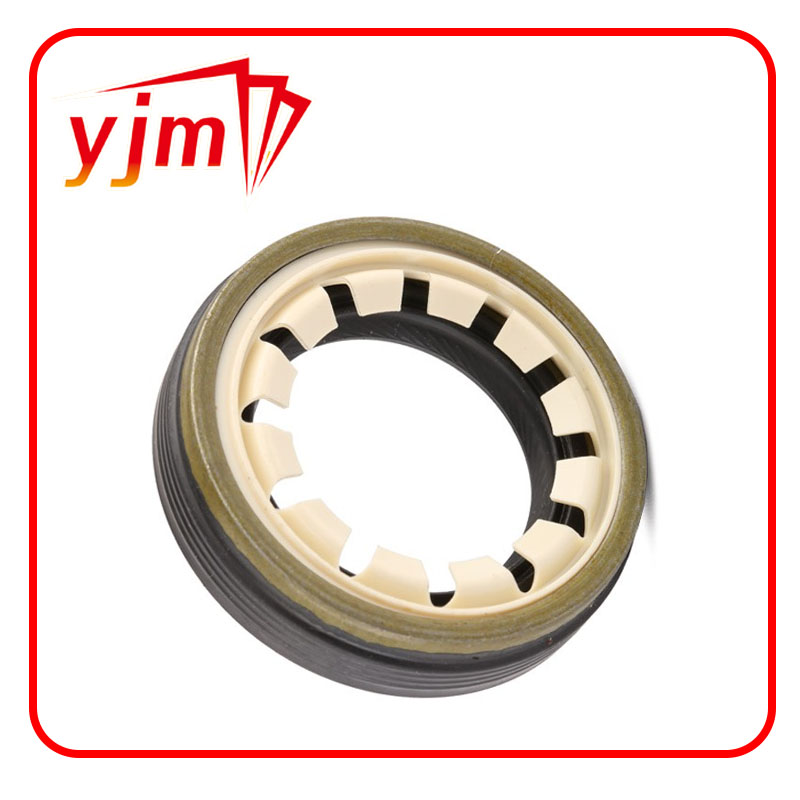Understanding Trailer Wheel Bearing Seals for Enhanced Performance and Longevity
Understanding Trailer Wheel Bearing Seals Essential Protection for Your Trailer
When it comes to maintaining the efficiency and longevity of your trailer, one component that often goes overlooked is the wheel bearing seal. These seals play a critical role in protecting the wheel bearings from dirt, moisture, and debris, ensuring smooth operation while preventing costly damage. In this article, we will delve into the importance of trailer wheel bearing seals, how they function, and tips for proper maintenance.
What Are Wheel Bearing Seals?
Wheel bearing seals are specially designed components that fit around the wheel bearings of a trailer. Their primary purpose is to keep lubricant in and contaminants out. With trailers frequently exposed to various road conditions and environments, these seals act as a barrier against water, dust, and grime that could otherwise enter the bearing assembly.
The Importance of Wheel Bearing Seals
1. Prevent Contamination One of the primary functions of wheel bearing seals is to keep contaminants at bay. Dirt and moisture can cause premature wear and tear on the bearings, leading to a breakdown that can leave you stranded or require expensive repairs.
2. Retain Lubrication Bearings require a proper amount of lubricant to operate effectively. Wheel bearing seals help to retain this essential lubricant, preventing it from leaking out. Lubrication reduces friction, which is vital for the efficiency and longevity of the bearings.
3. Enhance Performance A well-sealed wheel bearing setup will ensure smoother rotations, which translates to better towing performance. This is crucial for trailers carrying heavy loads, where excessive friction can lead to overheating and even failure.
Common Types of Wheel Bearing Seals
There are several types of wheel bearing seals available, each type catering to specific needs
- Lip Seals These are made from rubber or synthetic materials and create a tight fit around the bearing. They are highly effective at keeping contaminants out and retaining lubricant.
- Hydraulic Seals Used in more advanced trailer designs, hydraulic seals provide robust protection, especially in trailers that handle heavy loads or those that are frequently submerged in water.
- Grease Seals Often used in conjunction with traditional wheel bearings, grease seals help retain grease within the bearing hub while preventing moisture ingress
.trailer wheel bearing seals

Signs of Worn Wheel Bearing Seals
It’s essential to keep an eye out for signs that your wheel bearing seals may be failing
- Excessive Noise If you notice unusual grinding noises coming from your trailer's wheels, this may indicate that dirt has infiltrated the bearings due to worn seals.
- Grease Leakage If you spot grease leaking from your wheel hub, it could mean that the sealing has been compromised, leading to a loss of lubrication.
- Overheating Overheated wheel hubs can indicate that the bearings are not properly lubricated or that contaminants have caused increased friction.
Maintenance Tips
To ensure the longevity of your trailer's wheel bearing seals, consider the following maintenance tips
1. Regular Inspection Periodically check the seals for signs of wear or damage. Replace any seals that show signs of cracking or deterioration.
2. Repack Bearings Regularly repack wheel bearings with fresh lubricant. This practice can prolong the life of both the bearings and the seals.
3. Keep It Clean Before working on the bearings and seals, clean the area to prevent dirt and debris from entering the assembly during maintenance.
4. Professional Help If you're not confident in inspecting or replacing seals yourself, consider enlisting the help of a professional. Proper installation is crucial for the effectiveness of the seals.
In conclusion, trailer wheel bearing seals are essential components that protect your trailer’s wheel bearings from damage and wear. By understanding their importance and maintaining them properly, you can enhance the performance and lifespan of your trailer, ensuring safe and efficient travels for years to come.
-
Understanding the Front Main Engine Seal: Purpose, Maintenance, and Installation
News Jul.29,2025
-
Understanding O-Rings and Seal Rings: Types, Applications, and Custom Solutions
News Jul.29,2025
-
Understanding Crankshaft Oil Seals: Rear Seals, Pulley Seals, and Their Role in Engine Integrity
News Jul.29,2025
-
The Importance of Front and Rear Crankshaft Seals in Engine Performance and Oil Management
News Jul.29,2025
-
Crank Oil Seals: Functions, Types, and Cost Considerations in Engine Maintenance
News Jul.29,2025
-
A Comprehensive Guide to O-Rings and Seals: Types, Materials, and Global Applications
News Jul.29,2025
-
Mastering Diesel and Performance Engine Maintenance: A Guide to Critical Oil Gaskets
News Jul.28,2025
Products categories















